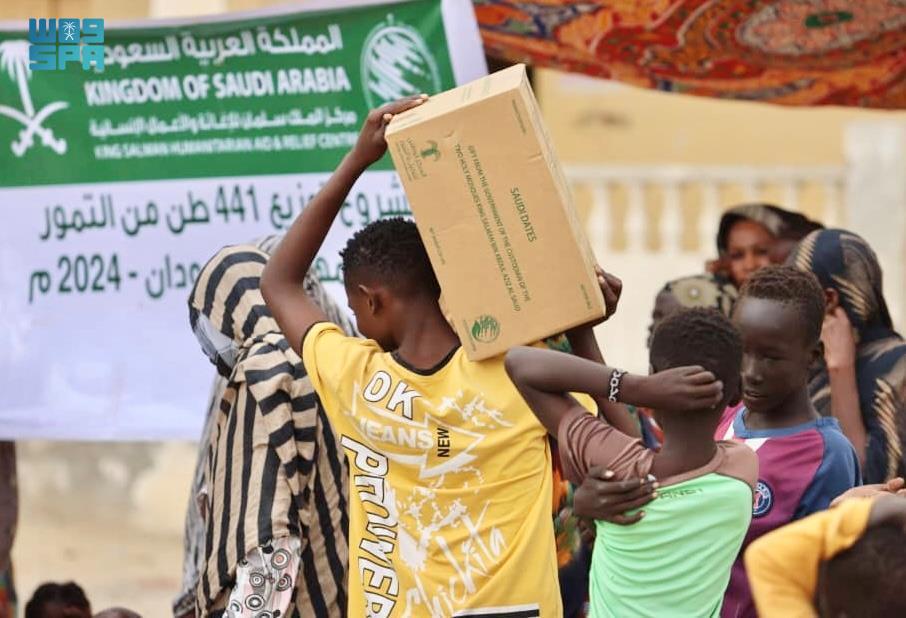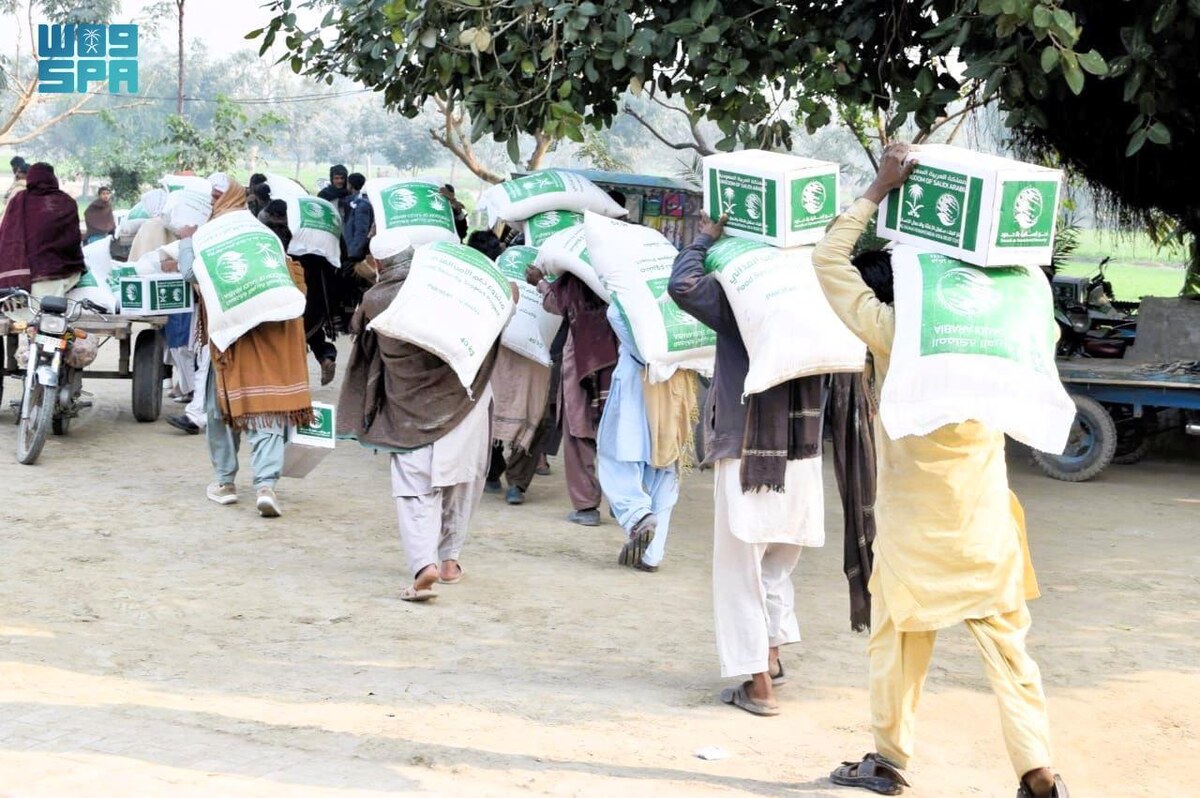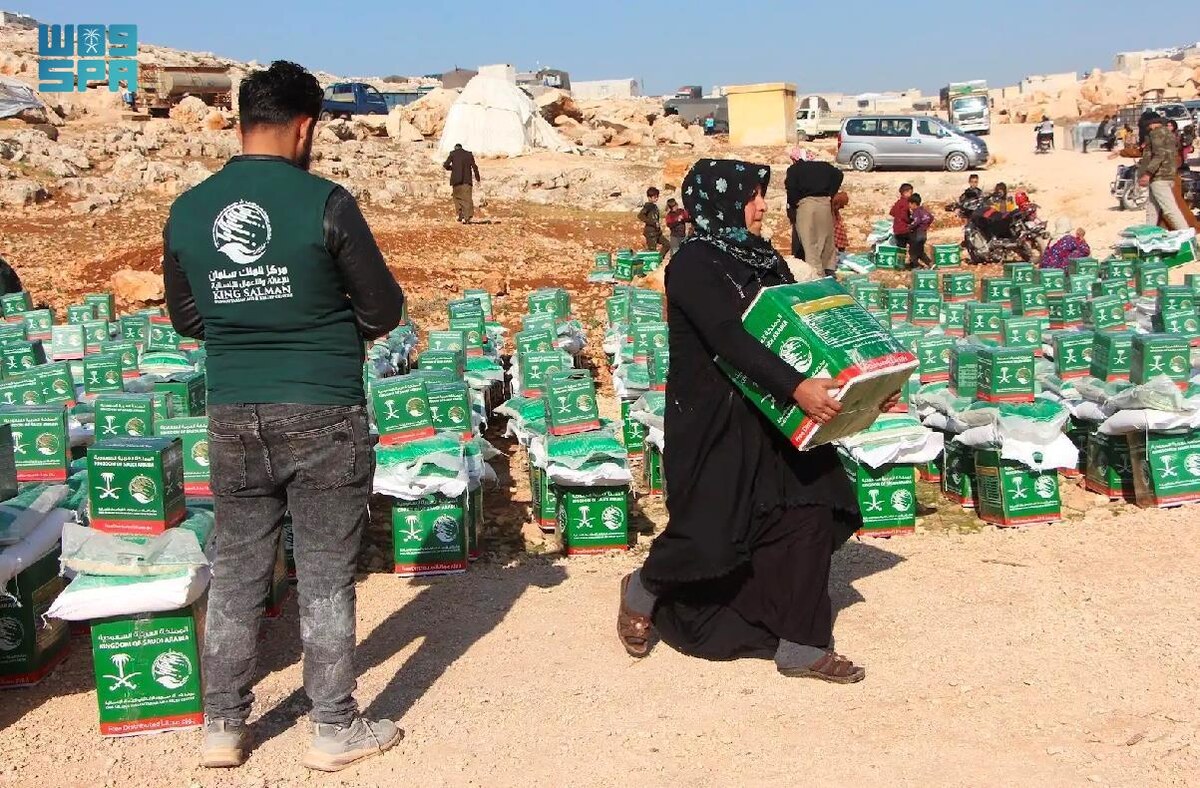KABUL: A Saudi donation of dates for Afghanistan will reach the country’s poorest during Ramadan, a relief coordinator said on Saturday, as most Afghans are currently unable to afford the fasting month staple.
One hundred tons of premium Saudi dates were donated to Afghanistan by the King Salman Humanitarian Aid and Relief Center on Friday. The donation was received by KSrelief’s local partner, the Afghan Red Crescent Society, at the Saudi Embassy in neighboring Pakistan.
Irrfanullah Sharfzoi, spokesman of the Afghan Red Crescent Society, told Arab News that the distribution of the donated fruits should start in the next three days, as they reach Afghanistan.
“This assistance is very important for Afghanistan, as the Afghan Red Crescent Society had already done a survey for it, and it will be distributed to those who are really poor,” he said.
The holy month of Ramadan is a time of celebration and unity, but with Afghanistan’s economy near collapse, families are resorting to desperate measures to buy food.
Living costs in the country have skyrocketed and the unemployment rate has soared since major international organizations stopped operations in Afghanistan after the Taliban took control in 2021. Few can afford dates, a Ramadan staple, as their prices range between $2 per kg for the lowest quality local fruit and $35 — about the current average salary — for higher quality ones.
Bibi Khalida, a homemaker in Kabul, whose husband works as a driver, has rarely seen the fruit on her table yet during this year’s fasting month.
“Having dates in the month of Ramadan is very important for us because they give you a lot of energy,” she said. “I’ve been asking my husband every day in the morning since the beginning of this month to bring some dates, but most days he returns home without them.”
The situation is no different in other households where families mostly break their fast with bread and tea.
With the Saudi donation, some of the poorest will be able to taste the sweet flavor traditionally associated with the holy month.
“The dates will be distributed to those who have been not able to buy them in the month of Ramadan due to the high prices,” the Red Crescent Society’s Sharfzoi said. “They will give joy to the poor families.”





























